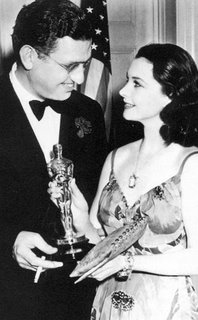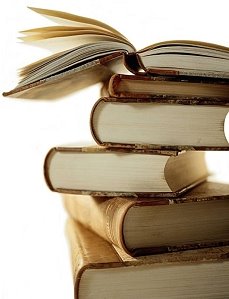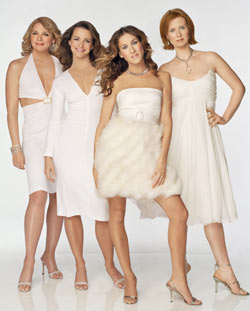 “I thought this book would never end…What a silly story about people I could care less about. . . . It gave me a headace and this book was not in the least amusing. I never even smiled once while reading it! What a waste.”
“I thought this book would never end…What a silly story about people I could care less about. . . . It gave me a headace and this book was not in the least amusing. I never even smiled once while reading it! What a waste.”
Laurie’s post about judging the RITAs had me thinking about other ways our books are judged, i.e. by readers through the medium of Amazon reviews.
A few years ago, an Amazon glitch revealed the identities of anonymous reviewers (Click here to read what the NY Times article) and confirmed what many people had long suspected: that some reviews were written by authors and/or their friends and relatives, either praising their own books or trashing those of rivals.
About a month ago there was a debate on the credibility of reader reviews at Romancing the Blog. Some argue that only writers are qualified to evaluate whether a novel is “good” or not. Some say no one should criticize unless they could do better themselves. I don’t agree with that last statement. If I go to a fine restaurant and order creme brulee, I expect it to taste good, even though I would be scared to wield a blowtorch in my own kitchen. If I need an appendectomy… well, you get the picture!
OTOH many readers can’t set aside their own personal preferences and peeves when evaluating a book. What if a restaurant critic said something like, “I hate fish, and Chef So-and-so’s salmon special was no exception”? It wouldn’t fly, but I’ve read reviews on Amazon that read that way. The reader just picked the wrong book (and sometimes covers and back blurbs are misleading, adding to the problem).
This is my feeling: that readers usually aren’t qualified to decide if a book was “good” or not. But they can say whether they liked it or not. That’s useful to other readers, but only if they explain why .
I tend to discount any of the following:
- Raves like “Best book I ever read!” on a debut novel, sans any detail that might prove the reviewer ever read the book, posted by someone who just happens to hail from the author’s home town.
- Incoherent reviews filled with spelling and grammatical errors (unless they are incoherently praising one of my books, of course!)
- Anything that is too flaming. Really angry reviews make me wonder if the person has bigger problems then being disappointed with a book.
Personally, I don’t have the time to write negative reviews. I do try to write positive reviews when I’ve enjoyed a book (but I’m waaaaayyyy behind). I don’t make buying decisions based on reviews on Amazon. I also avoid reading reviews of my own books if I’m in a rough patch of writing, as negative reviews can topple wobbly self-confidence.
I do take seriously the reviews, positive or negative, that are intelligently written with some explanation for the rating they gave. If it’s one of my books, I may not take those comments to heart when writing the next book, but they always make me think. That’s not necessarily a bad thing! 🙂
When do you ever write Amazon reviews? Do you read them? Do they influence your buying decisions?
Elena
LADY DEARING’S MASQUERADE, RT Reviewers’ Choice Award nominee
www.elenagreene.com
P.S. That first quote was from an Amazon customer review for my first book. I did find, after searching, that the same reviewer had given 1’s to many Regency authors, including Mary Jo Putney and Mary Balogh.





